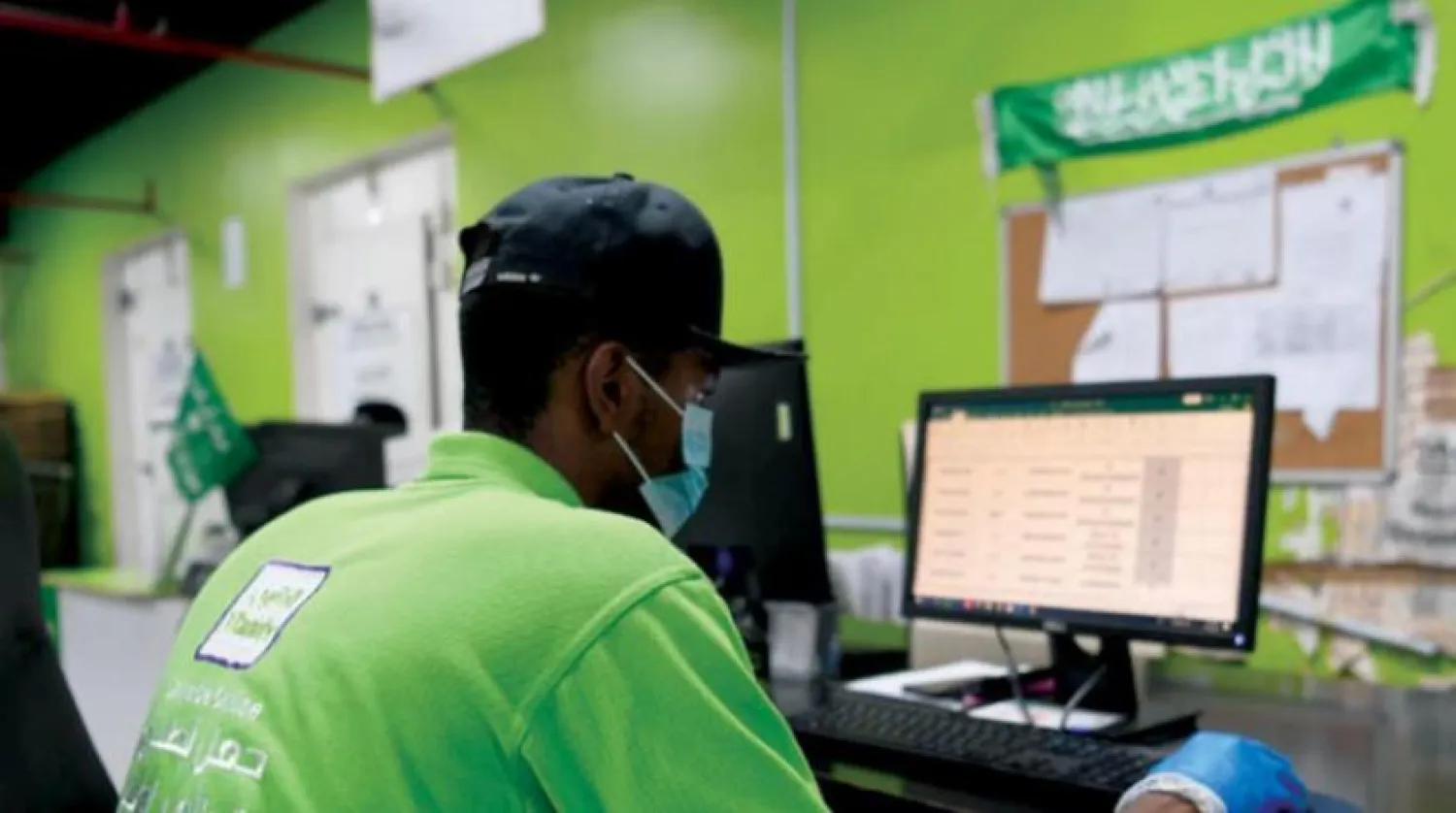Official data showed a 240 percent increase in online orders in Saudi Arabia during the coronavirus pandemic.
Staff working on online orders pinned high hopes on growing demand, which would give delivery companies a greater chance for growth and enhanced performance, and ultimately increase employment.
The Communications and Information Technology Commission (CITC) revealed in a statement that orders exceeded 240 percent compared to 54 percent at the beginning of last April. Delivery applications executed more than 12 million orders in around 200 cities and governorates across the Kingdom.
Ebrahim al-Jassim, founder and managing director at HungerStation, told Asharq Al-Awsat newspaper that the pandemic compelled several new users to try the delivery applications.
This indicates the possibility of a mounting demand for delivery apps even after the crisis ends.
Jassim noted that services most benefiting from this stage are not food delivery applications rather apps delivering products and commodities.
Eng. Nayef Shshah, general manager of postal and logistic services, explained that the Commission partnered with several government agencies and established precise governance mechanisms.
He cited the launch of the Human Resources Development Fund (Hadaf) in addition to a partnership with the CITC to form a financial support program that motivates young Saudis to join the workforce of delivery applications.
Restructuring the sector of delivery apps was a key goal for CITC through a joint cooperation with the Ministry of Commerce and Investment, Shshah added.









